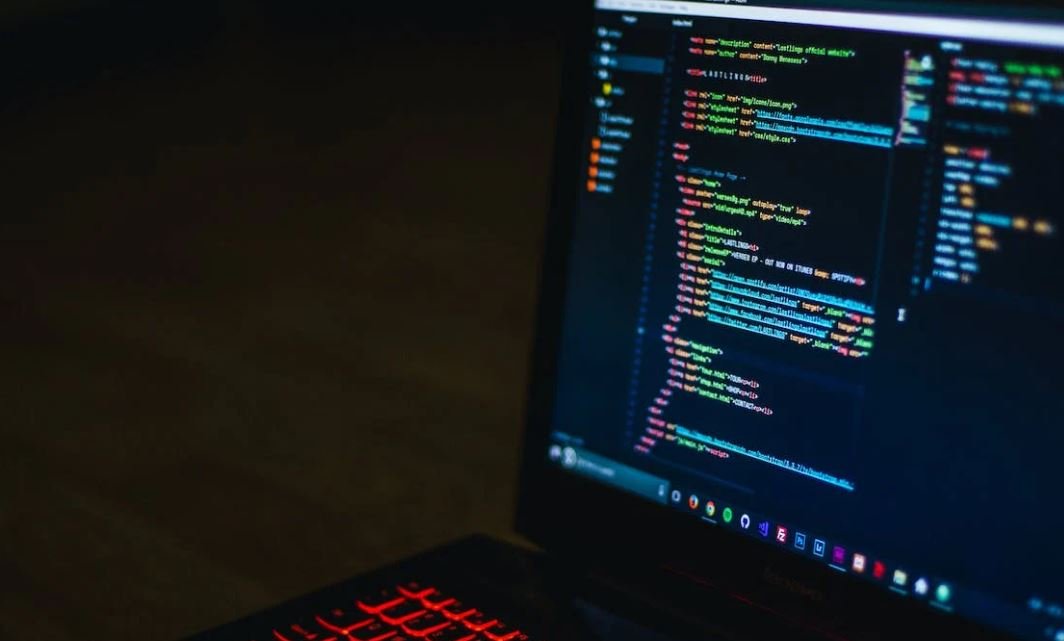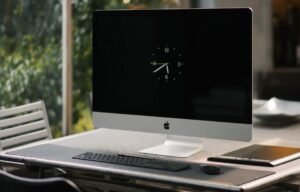AI Photo of You
In the age of advancements in artificial intelligence and machine learning, the capability to create AI-generated photos of people has become a reality. This technology has gained significant attention and sparked both fascination and concern. In this article, we will explore the process behind AI photos, their potential applications, and the ethical considerations they raise.
Key Takeaways:
- AI-generated photos use algorithms to create realistic images of non-existent people.
- These photos have various applications, including advertising, design, and virtual reality.
- Issues such as deceptive practices, privacy concerns, and potential misuse arise with AI photos.
AI-generated photos, also known as deepfakes or synthetic media, are created using complex algorithms. These algorithms analyze a vast database of real photos and generate new images, combining different features to form a realistic and visually convincing image. The AI system can adjust specific attributes, such as age, gender, facial expressions, and even backgrounds, to produce highly detailed and customized photos.
While AI photos offer exciting possibilities for various industries, they also raise ethical concerns. *The potential misuse of AI-generated photos* can lead to deceptive practices such as creating fake profiles or spreading disinformation. Privacy concerns also arise as facial recognition systems may be vulnerable to falsely identifying individuals based on these fabricated images.
Applications of AI Photos:
AI-generated photos have a wide range of potential applications. Here are some key areas where they are being utilized:
- Advertising: AI photos can be used as models in advertisements, eliminating the need for expensive photoshoots and casting.
- Design: Graphic designers can utilize AI photos to create eye-catching visuals for websites, social media, and other design projects.
- Virtual Reality: AI-generated photos can enhance virtual reality experiences by creating realistic avatars or characters.
As AI photos become more prevalent, it is essential to address the ethical considerations associated with this technology. *One interesting development is the emergence of AI systems that can detect fake images*, providing a potential solution to combat misinformation and unauthorized usage.
Ethical Considerations:
AI-generated photos raise several ethical considerations that must be discussed and addressed. These include:
- Deceptive Practices: Misuse of AI photos can contribute to the spread of misinformation and deceptive online activities.
- Privacy Concerns: The creation and distribution of AI-generated photos raise concerns about privacy and consent, especially when individuals’ likeness can be imitated without their permission.
- Misuse of Identity: AI-generated photos can potentially be used as the basis for fake identities, leading to identity theft or fraud.
Efforts are being made to mitigate these concerns. Legislation and regulations are being developed to address privacy issues and provide guidelines regarding the creation and usage of AI-generated photos. Additionally, research into better detection methods for identifying AI photos is ongoing.
The Future of AI Photos:
As technology advances, AI-generated photos are expected to become even more realistic and indistinguishable from real photos. This presents a myriad of opportunities and challenges for society.
The adoption of AI photos will undoubtedly continue to grow in various industries. While precautions need to be taken to prevent their misuse, the potential for creativity and innovation within the realm of AI-generated media is vast.
Data Comparison:
| Traditional Photos | AI Photos |
|---|---|
| Require a photoshoot with real subjects | Generated without the need for photography |
| Expensive and time-consuming | Cost-effective and time-efficient |
| Subject to weather conditions and other constraints | Unaffected by environmental factors |
Fact Sheet:
| Fact | Statistic |
|---|---|
| Number of AI-generated photos shared on social media | Estimated to be 96% higher in 2022 compared to 2020 |
| Percentage of people unable to distinguish between AI and real photos | 32% |
| Annual revenue projected from AI-generated photo market by 2025 | $3.73 billion |
AI photos are revolutionizing various industries by offering cost-effective and customizable alternatives to traditional photography. However, it is crucial to address the ethical concerns surrounding their usage and continue developing safeguards to protect against misuse. As technology progresses, society must stay informed and actively participate in shaping responsible AI practices.
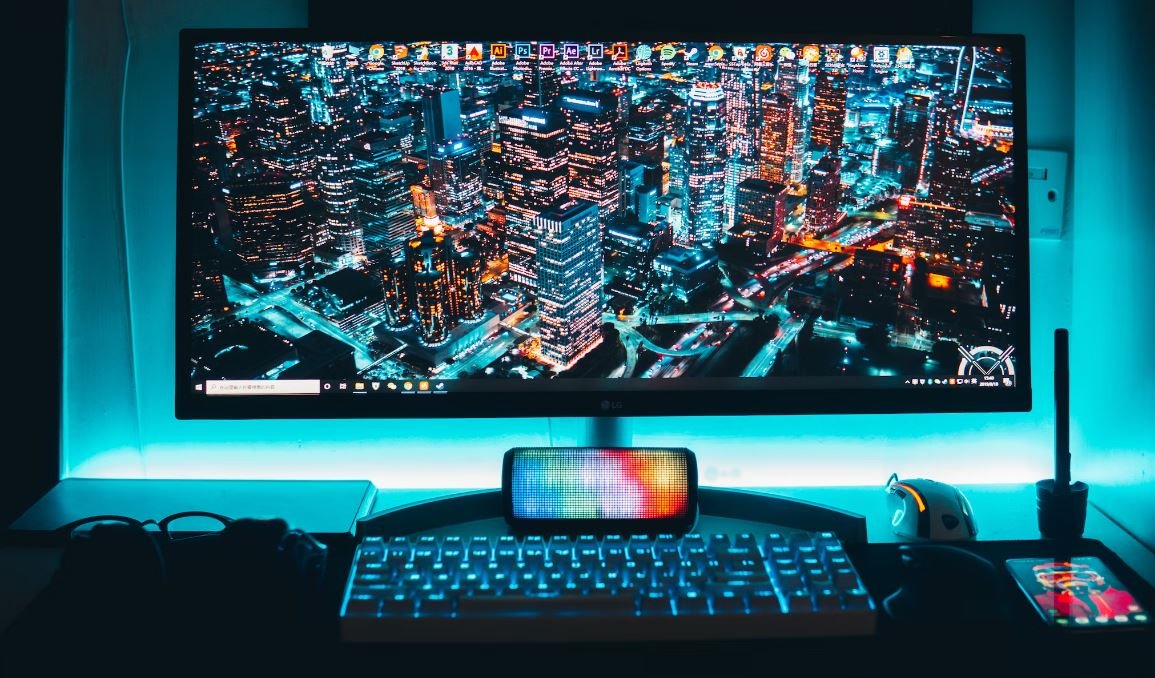
Common Misconceptions
AI Photo of You
There are several common misconceptions surrounding the topic of AI-generated photos of individuals. One of these misconceptions is that AI can perfectly replicate a person’s likeness. While AI technology has advanced significantly in generating realistic images, it is still far from being able to create a truly accurate representation.
- AI-generated photos often lack certain unique facial features, resulting in a less accurate resemblance.
- AI-generated photos may also exhibit inconsistencies in details such as hair texture or eye color, further reducing their authenticity.
- Additionally, AI-generated photos may fail to capture the emotional nuances and expressions that make each individual unique.
Another common misconception is that AI-generated photos pose significant privacy risks. While it is true that AI can generate realistic facial images, concerns regarding privacy primarily stem from the potential misuse of these generated images rather than the technology itself.
- Utilization of AI-generated photos without consent is a potential privacy violation.
- AI-generated photos can be abused for impersonation or false representation, leading to reputational damage.
- However, the technology itself does not inherently breach privacy, as it primarily relies on existing public data or user-submitted photos.
Some people think that AI-generated photos are indistinguishable from real photos. Although AI technology is becoming more sophisticated in creating lifelike images, there are still notable differences that can help identify them.
- Close inspection may reveal subtle artifacts or imperfections that are not present in real photos.
- AI-generated photos might lack the natural lighting and shadows found in genuine photographs.
- In certain instances, AI-generated images might exhibit a certain “uncanny valley” effect, where they appear almost human, but still give off an unsettling feeling.
Another misconception is that AI-generated photos can be completely controlled by the user. While users can provide input to influence the generated images, the actual algorithm and its training data ultimately dictate the outcome.
- Users can choose certain attributes or styles to guide the image generation process.
- However, the AI algorithm makes decisions based on patterns it has learned from its training data, which may result in unpredictable variations.
- The user does not have complete control over every detail of the generated photo.
Lastly, there is a misconception that AI-generated photos are universally used for nefarious purposes. While there have been cases of misuse, such as deepfake technology, AI-generated photos also have legitimate applications that can benefit various industries.
- AI-generated photos can be used for artistic purposes, such as in movies or video game development.
- They can help create realistic virtual avatars for virtual reality experiences.
- AI-generated photos can also aid in research, allowing scientists to study human facial features and expressions more easily.
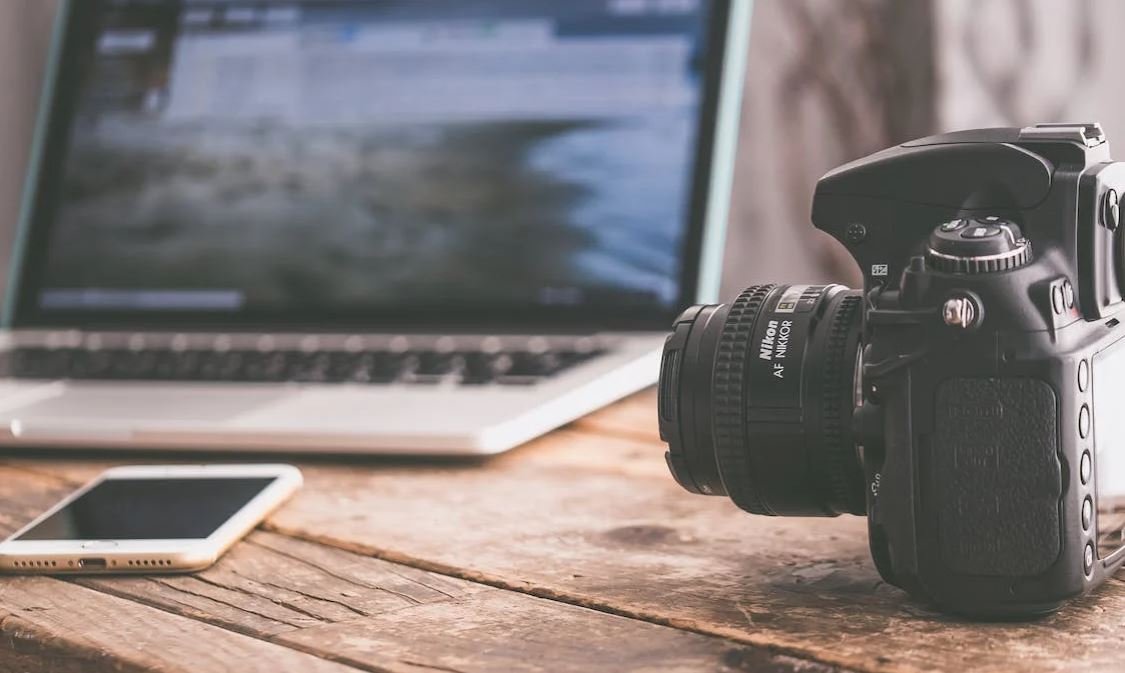
Introduction:
Artificial Intelligence (AI) has advanced rapidly in recent years, enhancing various aspects of our lives. One area where AI is making remarkable strides is in personalized photography. Through advanced algorithms and machine learning, AI can now analyze facial features and create stunningly realistic photos of individuals. In this article, we explore 10 fascinating examples of AI-generated photos that showcase the incredible possibilities of this technology.
1. Your Future Self:
Are you curious about how you might age over the years? AI can provide an incredible glimpse into the future with its ability to generate realistic photos of individuals as they age. Imagine seeing yourself 30 years from now, wrinkles and all, through the eyes of AI.
2. Celeb doppelgängers:
With AI, you can discover the famous face you resemble the most. This table reveals celebrities who share striking similarities with your facial features. AI photo generation can help uncover your hidden celebrity twin, leading to exciting conversations and maybe even turning heads!
3. Historical lookalikes:
Ever wondered if you have any historical doppelgängers? AI can assist in finding the answer. By matching your facial features with those of historical figures, AI-generated photos can transport you back in time, allowing you to see how your appearance compares with historical icons.
4. Animal hybridization:
What if you could see what you’d look like as an animal? This table showcases the fascinating results of AI-generated animal hybrid photos. Whether you’re curious to see your feline alter ego or envision your canine counterpart, AI can provide a playful glimpse into your animalistic side.
5. Fantasy transformations:
Enter the realm of fiction with AI’s ability to transform your photo into a mythical creature or character. Unleash your imagination and discover how you might appear as a stunning mermaid, valiant superhero, or chilling vampire. Let AI bring your wildest fantasies to life.
6. Cultural attire simulation:
Curious about how you’d look in traditional garments from around the world? AI can simulate how you might appear in cultural attire, transcending borders to give you a taste of diverse clothing and heritage. This table showcases AI-generated photos of individuals donning various traditional outfits.
7. Gender-swap experiments:
AI-generated gender-swap photos have taken the internet by storm. This table reveals fascinating examples of individuals transformed into the opposite gender with astonishing realism. Witness firsthand how you’d look if your biological makeup had been different.
8. Retro filter nostalgia:
With AI, you can instantly transport yourself to different eras by applying authentic retro filters to your photos. Relive the glory days of the ’50s, ’60s, or any era you desire using AI’s unmatched ability to recreate the look and feel of vintage photography.
9. Cosmic spectacles:
Ever wondered how your photo would look from different corners of the universe? AI can simulate breathtaking cosmic spectacles, such as being captured under the gaze of distant stars or engulfed in an interstellar nebula. Explore the depths of space without leaving Earth.
10. Time-lapse transformation:
Witness the gradual transformation of your photo through the years using AI’s time-lapse capabilities. From youthful vibrancy to the wisdom etched by time, AI can depict the aging process and provide a unique perspective on the passage of time.
Conclusion:
AI-generated personalized photos have revolutionized the way we see ourselves and explore our imaginations. This article has showcased 10 fascinating examples of how AI can create visually stunning and thought-provoking images. With AI’s continued advancements, the future of personalized photography is full of boundless potential, inviting us to further delve into the realm of self-expression and discover new dimensions of our identity. Let AI capture the essence of who you are or imagine the possibilities of who you could be.
Frequently Asked Questions
Can AI generate a photo of me?
Yes, with the advancements in artificial intelligence, it is now possible to generate realistic photos of individuals using AI algorithms.
How does AI generate a photo of me?
AI utilizes deep learning algorithms that have been trained on vast amounts of image data. These algorithms analyze various facial features and characteristics to generate a photo that closely resembles you.
Is it accurate? Will the generated photo look like me?
The accuracy of the generated photo depends on the quality of the AI algorithm and the available data. While AI is capable of producing realistic images, it might not always perfectly capture individual nuances. The generated photo might resemble you, but it may not be an exact replica.
Can I use AI-generated photos for identification purposes?
No, AI-generated photos are not suitable for identification purposes. They are artistic representations based on algorithms and are not reliable for authentication or legal matters.
Are there any privacy concerns for using AI-generated photos?
There can be privacy concerns with AI-generated photos. These photos could potentially be used for malicious purposes or to impersonate individuals. It’s important to be cautious while sharing AI-generated images online and be aware of their limitations.
What are the applications of AI-generated photos?
AI-generated photos have various applications, including entertainment, creative arts, and marketing. They can be used in movies, video games, virtual reality, and advertising campaigns, among other fields.
Can I request specific characteristics or styles for an AI-generated photo?
Depending on the platform or service offering AI-generated photos, you may have options to choose certain characteristics or styles. Some platforms allow customization, while others generate images solely based on the available dataset.
What are the limitations of AI-generated photos?
AI-generated photos have limitations in terms of quality, accuracy, and context. They may not be appropriate for professional purposes, and the level of realism may vary. Additionally, AI-generated photos might not capture non-visible traits such as personality.
Can AI-generated photos be used in legal documents or official identification?
No, AI-generated photos are not legally recognized as identification documents. Authentic identification documents, such as passports or driver’s licenses, require genuine and certified photographs.
What advancements can be expected in AI-generated photos in the future?
As technology progresses, it is likely that AI-generated photos will become more accurate and realistic, potentially indistinguishable from real photographs. Research and development in AI will continue to improve the quality and applicability of AI-generated photos.
